Anne Marie McCarthy, Plan International Ireland’s Emergencies’ Programme Manager reports live from Diffa, Niger.
Yesterday evening there was torrential rain in Diffa, hard rain that Diffa residents say they have never seen before. Diffa is a town in the south-east of Niger, which was home to approximately 55,000 people, but whose numbers have swollen by 85,000, people who are internally displaced from within Niger, but also those who have fled the Boko Haram crisis across the border in Nigeria. Since 2015, insecurity has increased around Diffa.
Usually, the rainy season is a blessing, as it changes the landscape from sandy brown to green, enabling crops to be planted. From the air, the patchwork of these fields is visible.
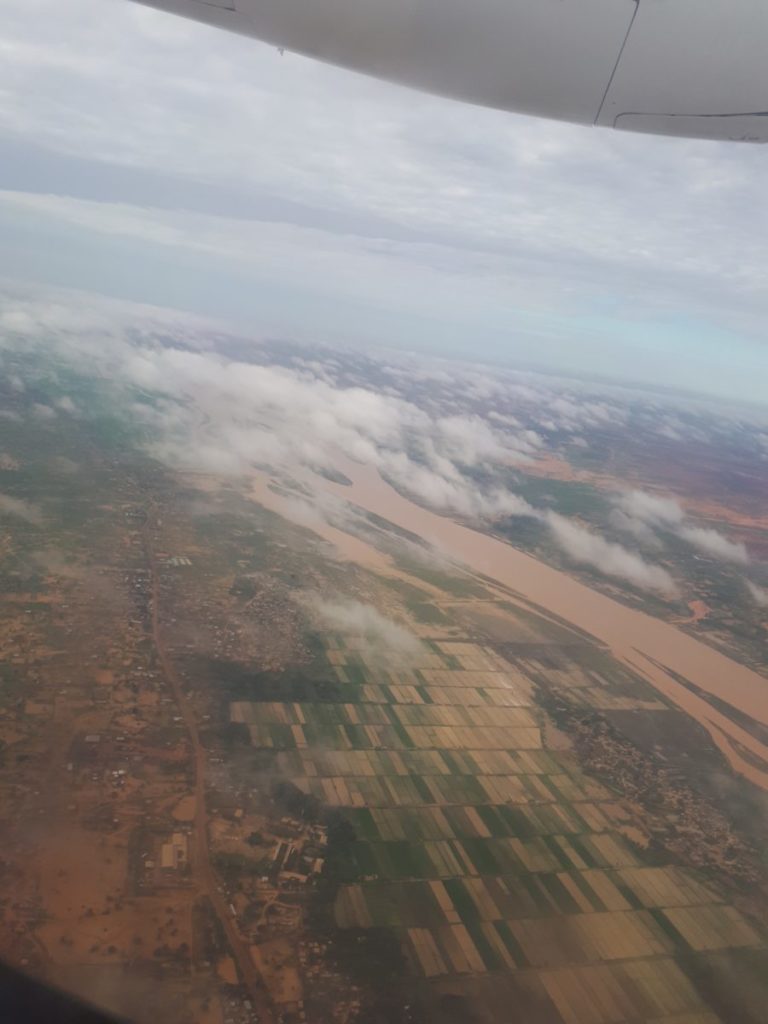
However, this year has brought rains to Niger that the country has never experienced before. Up to August 10th, 22 people were reported drowned in Niger as a result of the floods
Last night, on the way back through the flooded streets, we passed the tents and make shift shelters which are home to many of the internally displaced in Diffa. The roads are mainly sand and the rains were rising rapidly. There were many people out trying to dig gullies out the front of their tents so the rain wouldn’t totally flood their homes.
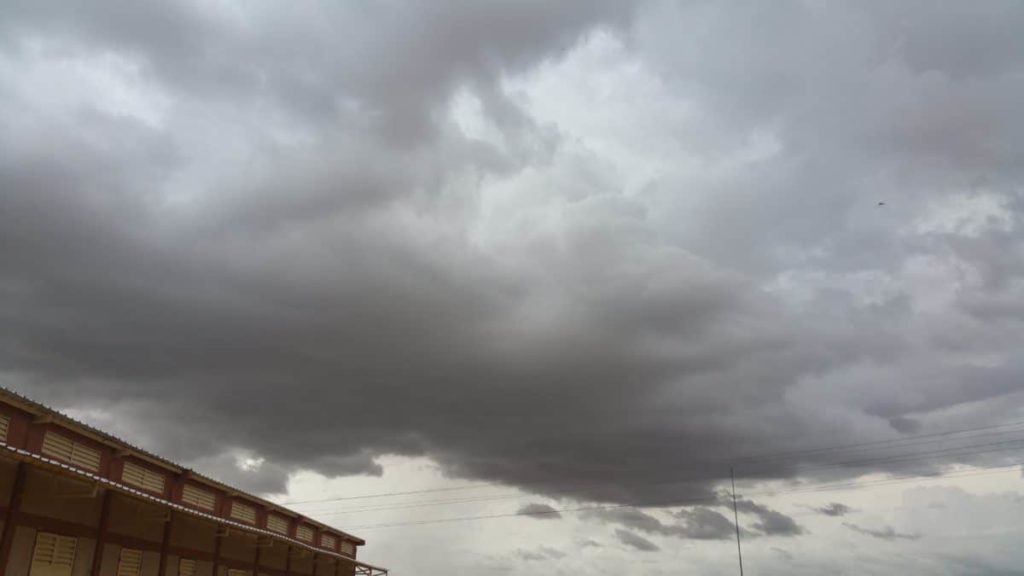
This part of Niger is part of the Lake Chad basin. The water levels in the Lake Chad have been reducing over the past decades, and many of the thousands of people whose livelihoods depend on the lake are being displaced. The impact of the combination of the political, environmental and economic crises on the region cannot be over-estimated, and the pressure on scarce resources has the potential to lead to further conflict.
In the past year in Ireland, we have had three extreme weather events. All across Europe weather patterns are changing, as well as here in Niger and other parts of the Sahel. Further flooding is expected during this rainy season in Niger, which is likely to lead to further displacement of people. There are an estimated 240,000 people (refugees and internally displaced) in need in the Diffa region alone a result of the conflict. This week, a cargo plane arrived in Niamey, the capital of Niger, containing supplies to assist 11,000 displaced people. Irish Aid kindly provided these goods.
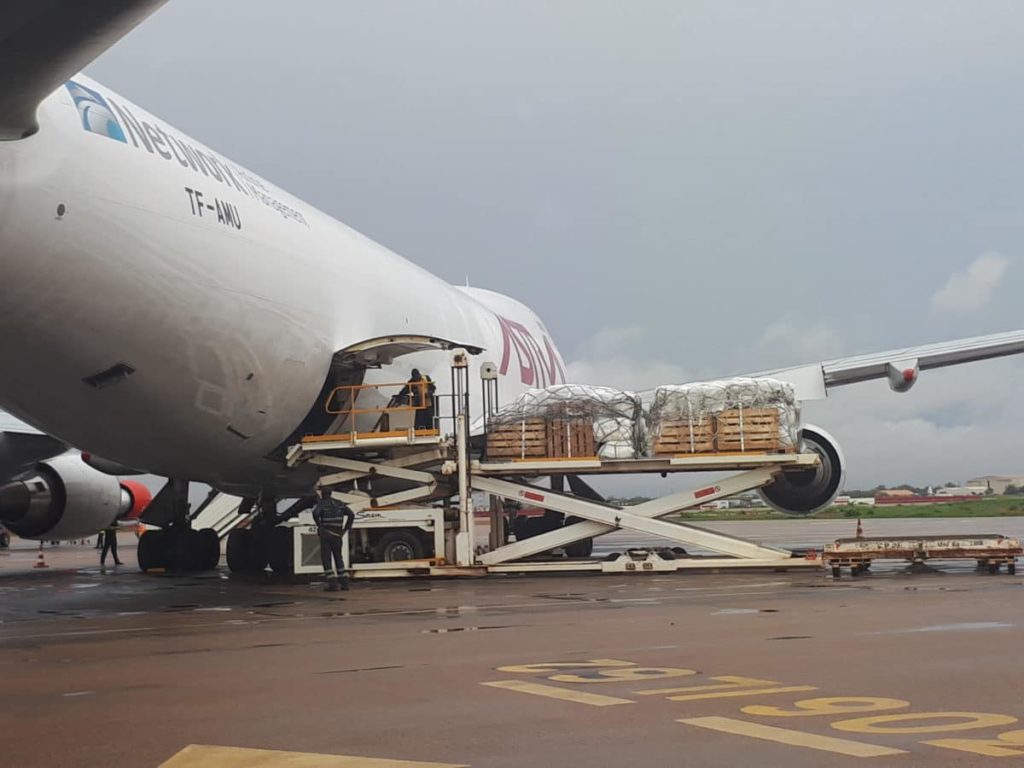
The supplies include tents, tarpaulins, mosquito nets, kitchen sets, hygiene kits and jerrycans. The distribution of non food items to people in need is really important to help people meet their basic needs. Distributions of the goods will begin once the stocks arrive in Diffa.
In Niger, like in many other countries, Plan works in the area of education and child protection, on a longer term basis, even when there is a possibility of conflict; these activities help to bring stability to the lives of children and their parents. Before the rain yesterday, I visited an early learning centre (for children aged 3 to 6) and a child friendly space (for children aged 7-17). It is school holidays here, so I was only expecting to meet the community leaders, but to my great joy, I found the two centres full of children, and young people.
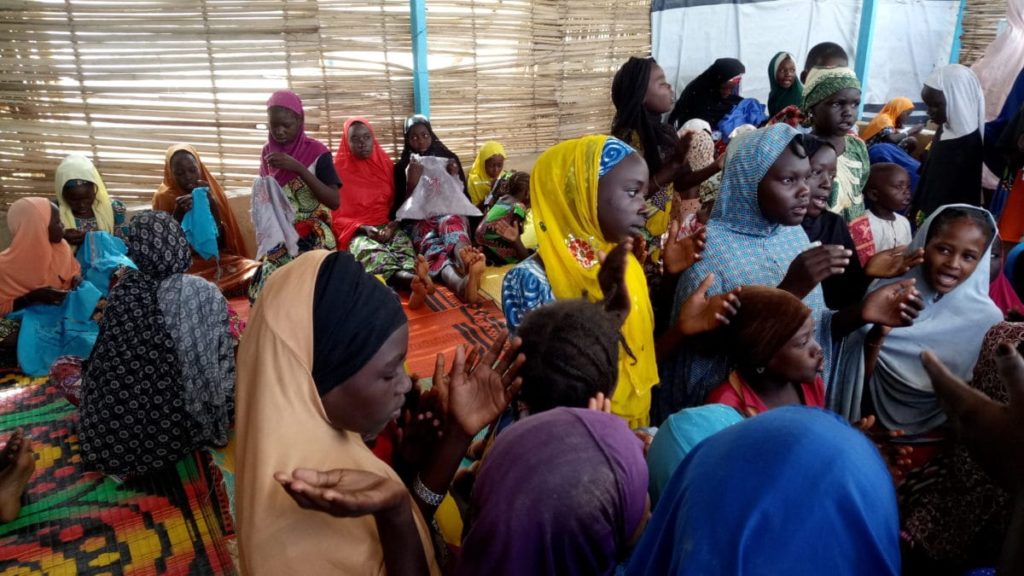
Children were playing, singing, drawing, and some older ones were learning to sew. When I asked them why they came to the centre, they said they wanted to learn and to play, and a few said that they came to forget the bad things in their lives. I met children who had been abandoned by their parents and were living with foster families. During term-time, parents receive support and guidance also in the centres, on how to support their children and on nutrition etc. I only saw boys playing football, but the girls said that they played too, and if it were boys v girls, the girls would win 5-2. #Girlpower!
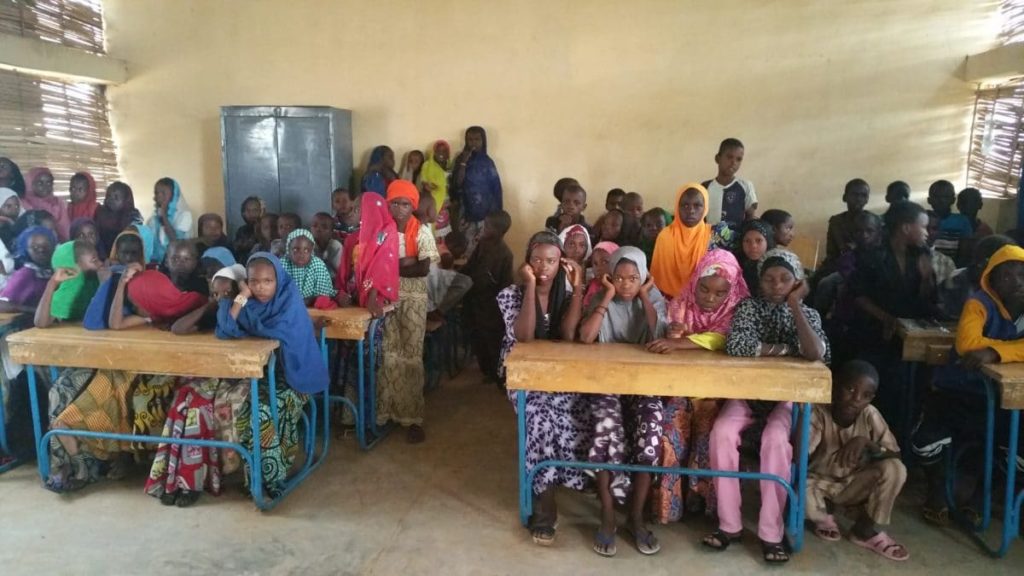
In the afternoon I visited a primary school, where Plan has constructed additional classrooms for catch-up classes, where the children work on an accelerated education programme. These classes are aimed at children between 9 and 12 years, who, for many different reasons, have not had the chance to go to school. Many had fled their homes when they were very small, and hadn’t had the chance to go to school. Over 9 months, they complete a 3-year cycle, which prepares them for primary school. Again, it is the school holidays, but the room was packed as they came to share with me their experiences on going to school. They told me that they want to get an education so that they earn a livelihood, to be able to take care of themselves.
The multiple challenges facing the Sahel region are enormous. All the actors involved in the region will need to work together to find ways to end the conflict, limit the environmental consequences of climate change on the region, and provide education and economic opportunities for the people of the region. This morning was literally, the calm after the storm, but it left many communities trying to repair the damage done to their homes. Don’t we all owe it to these children to do more?